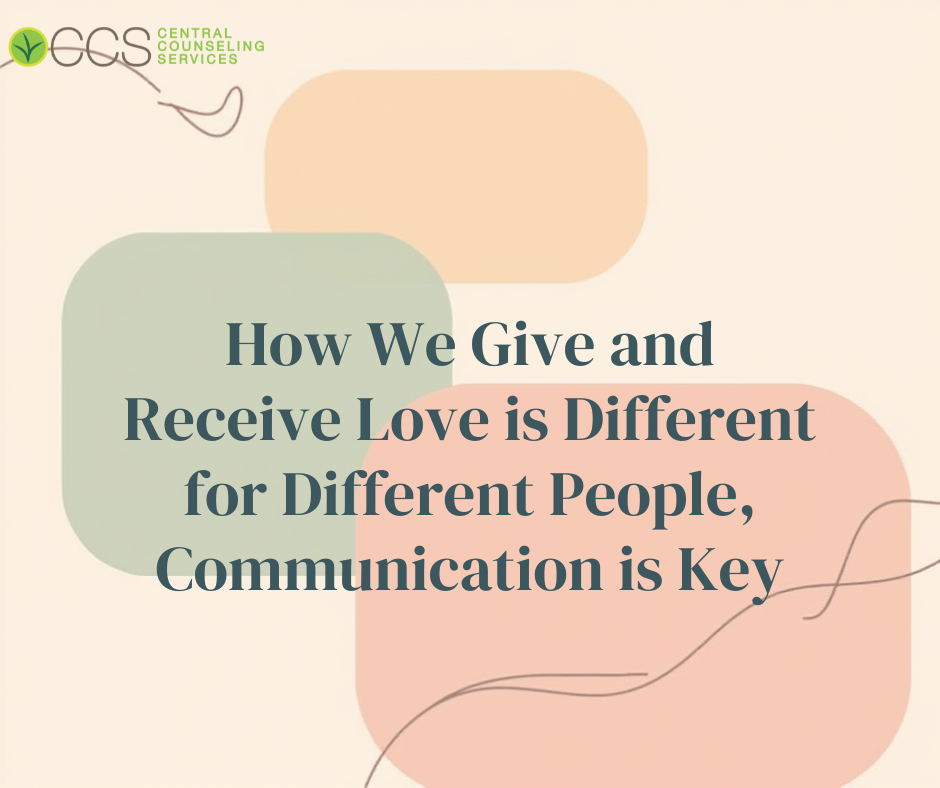Blog

What are Love Languages and Attachment Styles in Relationships?
Many relationship struggles come from feeling misunderstood, not unloved. Learn how love languages and attachment styles shape connection and communication.

5 tips on effective communication
Communication is so important with all relationships including friendships, colleagues, family and romantic relationships. We not only want others to listen to us, but we want to be HEARD. There is a difference between talking and communicating, and we have to learn how to communicate effectively. Let’s talk about 5 easy and effective communication tips that can transform your relationships.

Steps to increasing assertiveness for shy people… or anyone really
it is possible to be introverted and assertive. It is possible to come from a family culture or heritage where self-advocacy was not an option and now acquire the skills to thrive in this emerging new environment while remaining true to your culture and self.
